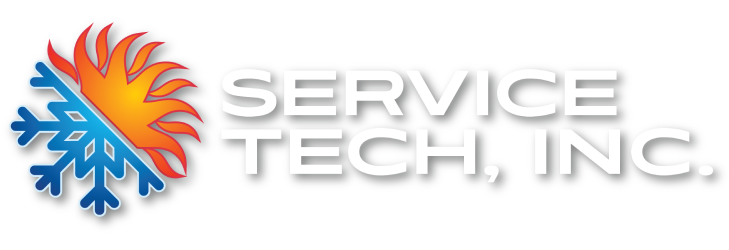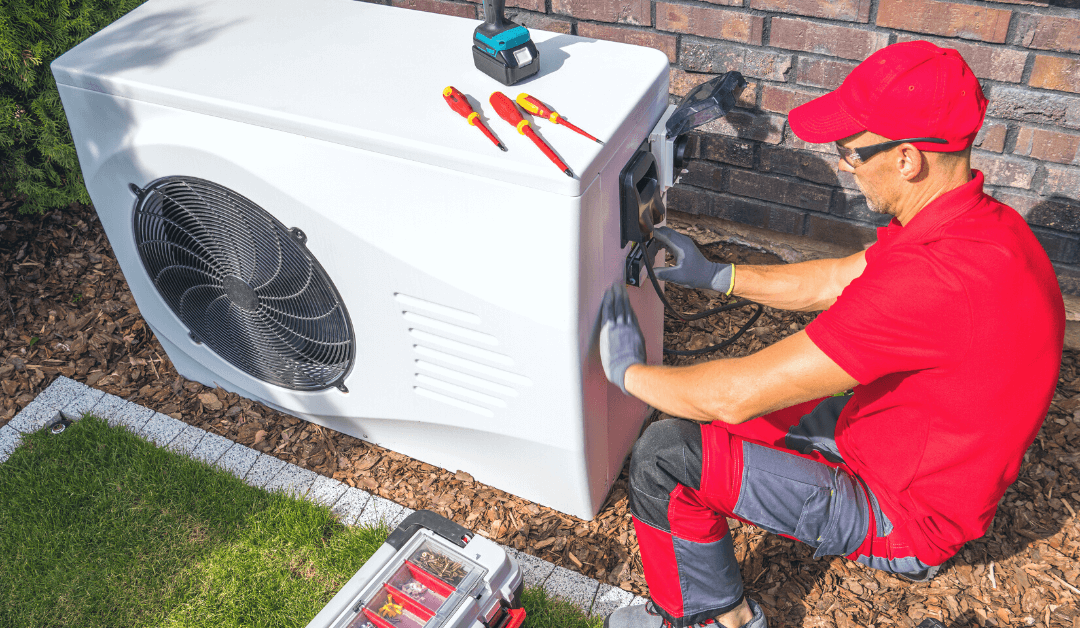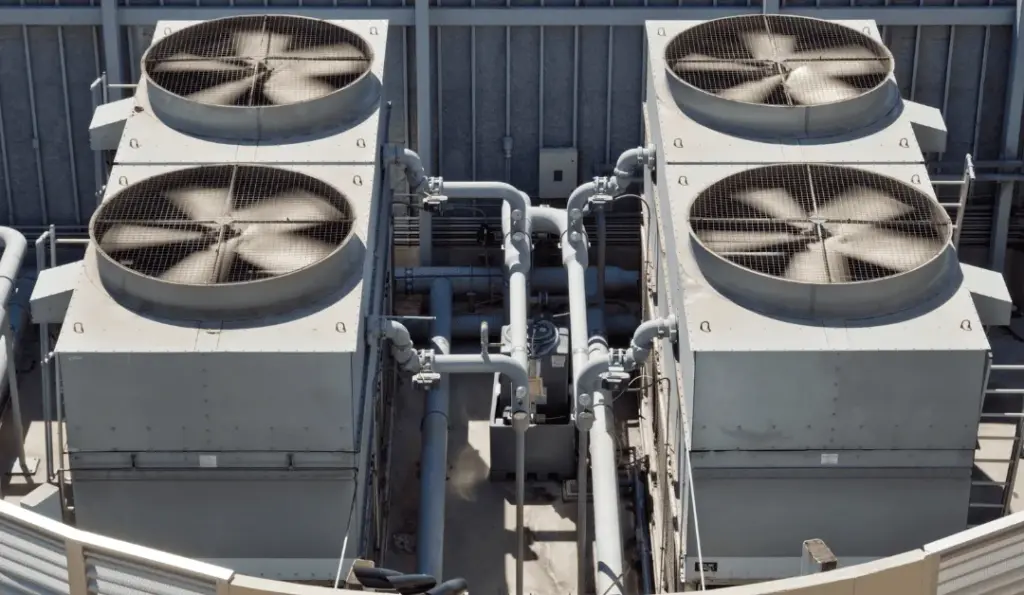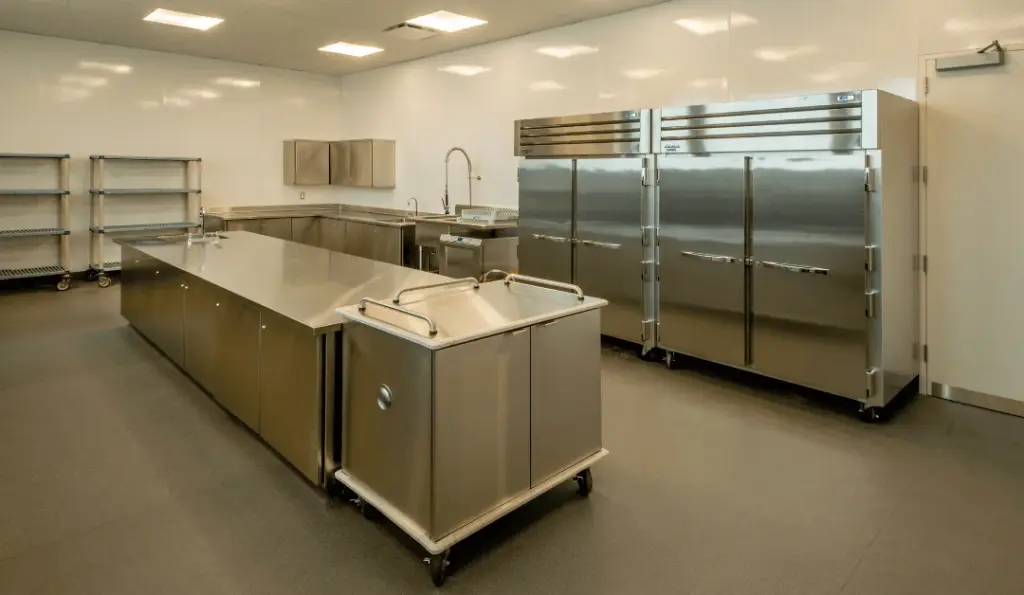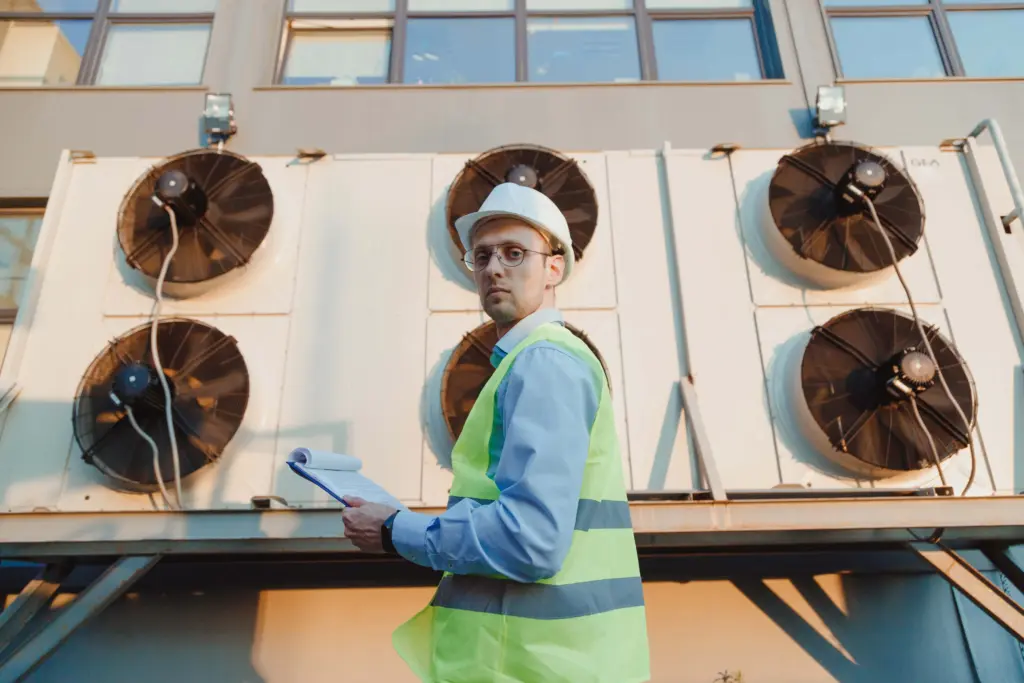As a business owner or facility manager, ensuring a comfortable and healthy indoor environment for your employees and customers is crucial. Your commercial HVAC system is a key component in achieving this goal, and HVAC filters, such as those provided by Service Tech, play a vital role in keeping the air in your building clean and free of contaminants.
How Often Should Commercial HVAC Filters Be Changed?
Many businesses overlook the importance of regular filter maintenance, which can lead to a decrease in indoor air quality and increased energy costs. In this blog post, we’ll explore the essential factors to consider when determining how often commercial HVAC filters should be changed.
Understanding the Role of HVAC Filters
Before delving into the frequency of filter changes, it’s important to understand the role that HVAC filters play in your system. HVAC filters are designed to trap and remove various airborne particles from the air, including dust, pollen, pet dander, bacteria, and even some viruses. By doing so, they help maintain healthy indoor air quality and prevent the build-up of contaminants in the HVAC system itself. Clean filters also ensure that your HVAC system operates efficiently, which can save you money on energy costs and extend the lifespan of your equipment.
Factors Influencing Filter Replacement Frequency
Several factors influence how often you should change the filters in your commercial HVAC system:
- Filter Type and Efficiency: The type and efficiency rating of your HVAC filters have a significant impact on how often they need to be replaced. Filters are typically rated on a scale known as the Minimum Efficiency Reporting Value (MERV). Filters with higher MERV ratings can capture smaller particles but may need to be replaced more frequently. Consult your HVAC technician to determine the appropriate MERV rating for your system and facility.
- Indoor Air Quality: The quality of the indoor air in your facility can vary depending on factors such as location, occupancy, and surrounding environmental conditions. If your business is located in an area with high pollution levels or if your facility experiences heavy foot traffic, your filters may need to be changed more frequently to maintain good indoor air quality.
- Frequency of System Use: The frequency at which your HVAC system runs also affects filter replacement frequency. Facilities that operate their HVAC systems year-round will typically require more frequent filter changes than those that use their systems seasonally.
- Allergies and Health Concerns: If you have employees or customers with allergies or respiratory issues, it’s essential to prioritize air quality. Changing filters more frequently can help reduce allergens and improve the overall health and comfort of your indoor environment.
- Manufacturer Recommendations: Always refer to the manufacturer’s guidelines for your specific HVAC system and filter type. Manufacturers often provide recommendations for filter replacement intervals based on their equipment’s design and specifications.
General Guidelines for Filter Replacement
When it comes to determining the frequency of commercial HVAC filter changes, there is no one-size-fits-all answer. However, there are some general guidelines that can help you establish an effective filter maintenance schedule.
Firstly, consider conducting a monthly visual inspection of your filters to assess their condition. If you observe a significant buildup of dust or visible dirt, it may be an indication that it’s time to replace them.
For most commercial buildings with standard filter types and moderate usage, a good practice is to replace HVAC filters every three to six months. This quarterly replacement schedule is often suitable for maintaining a healthy indoor environment and efficient system operation.
In cases where your facility experiences heavy foot traffic or is situated in a dusty or polluted environment, more frequent filter changes may be necessary. In such high-traffic areas, it’s advisable to consider replacing filters every two to three months or even more frequently to ensure optimal air quality.
Some businesses prefer to align filter changes with seasonal transitions, such as the beginning of the heating or cooling season. This approach ensures that filters are in top condition when they are needed the most and can help extend their lifespan.
When you’re unsure about the right schedule for changing filters in your facility, turning to Service Tech professionals is a smart move. Service Tech experts can evaluate your specific requirements, suggest the appropriate filter type, and offer advice on the ideal replacement timetable. Their knowledge and maintenance services can assist you in achieving top-notch indoor air quality and system efficiency, safeguarding your finances and the well-being of everyone in your building.
Contact Service Tech
Keeping your commercial HVAC filters clean is vital for good indoor air quality and saving energy. Learn about filter replacement factors, establish a plan, and ensure a healthier environment. Regular changes also safeguard your HVAC system and cut long-term costs. Don’t overlook the power of clean filters for your business’s success and the comfort of your building’s occupants. For expert filter maintenance, contact Service Tech today!
